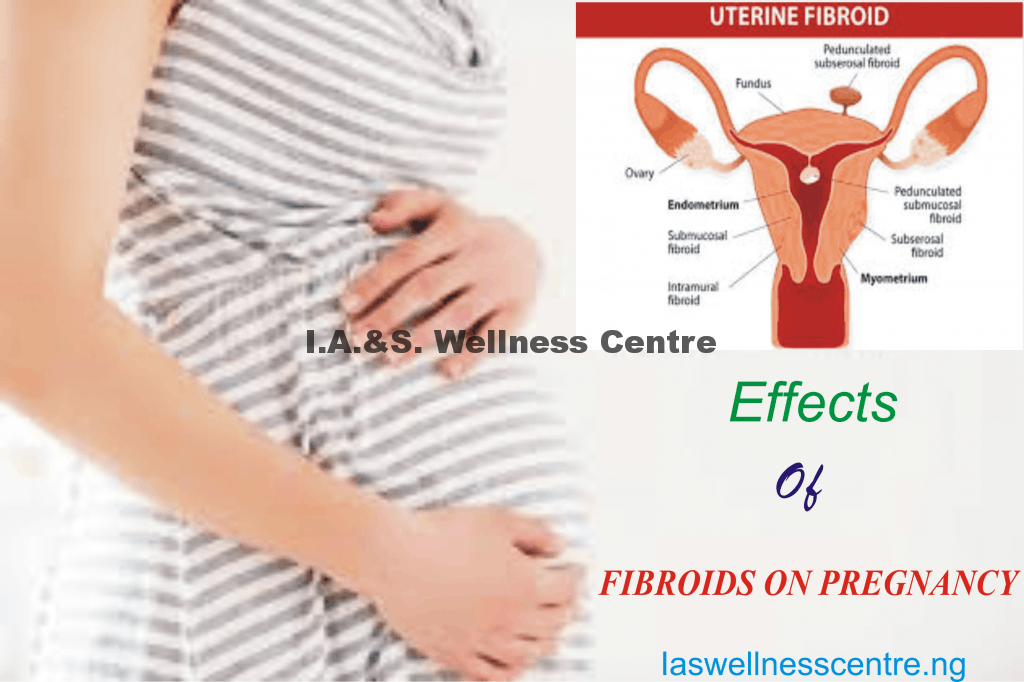Often, the first time a pregnant woman learns she has a fibroid is during her initial routine ultrasound. That’s because fibroids usually don’t cause symptoms. But they are quite common—more than 70 percent of women have them.
Common as they are, complications during pregnancy are relatively unusual.“The most common problem is symptoms in the mom, which can include pain, nausea, fever, vomiting and occasionally elevations of the white blood cells.”
Uterine fibroids are abnormal, noncancerous growths that develop on a woman’s uterus. Their cause is unclear, but they may be related to hormones or run in families. Once a woman is pregnant, fibroids can’t be removed because the uterus is prone to bleed more than normally. So women have to live with them until after the baby is born. Although problems associated with fibroids are rare, it’s still important to be aware of the possible complications.
Pain through Pregnancy
During pregnancy, hormones in your body cause your uterus to grow and enlarge to accommodate the growing fetus. The influx of these hormones may also cause the fibroids to grow. Because of the fetus that needs blood to grow, the fibroids may grow beyond their own blood supply, which can cause one of two things to happen.
The fibroids may undergo either red degeneration or white degeneration. With red degeneration, it bleeds into itself, and with white degeneration, portions may undergo cell death and become cystic.
Fibroids larger than 2 inches are more likely to increase in size during pregnancy since their growth is driven by the hormones progesterone and estrogen. When growth is rapid, sometimes the central portion of the fibroid can degenerate and this can cause pain.
Another scenario is when a fibroid is growing outside the uterus on a stalk.
You can have a torsion of the stalk and that can cause pretty severe pain during pregnancy,”
Complications during pregnancy:
- Comprised blood supply: If the fibroid is located right by the placenta, it can affect the blood supply to the fetus, then sometimes the baby may be born a little on the small side and there can be complications, including difficulty breathing, problems maintaining weight and body temperature.” If the blood supply is severely compromised and there’s a drop in weight, doctors may need to deliver sooner rather than later. A growing fibroid can increase the likelihood that the birth will be premature, or that the woman’s water will break before the baby is ready to be born. In early pregnancy, there may be bleeding and a slightly increased risk of miscarriage, depending on where the fibroid is in the uterus. If it is submucosal, or grown into the uterine cavity, it can prevent normal implantation of the pregnancy or disrupt the growth of the placenta.
In late pregnancy, there are three main concerns. The first is preterm labor, which is more likely if the fibroid is large or if there are multiple fibroids. The second, placental abrupt-ion (the abnormal separation of the placenta) can occur if the fibroid grows into the place where the placenta is attached. Lastly, fetus growth restrictions are possible, but studies have not shown that it is any more likely with fibroids than without.
Complications during delivery:
- Baby’s position adversely affected: Depending on the location and orientation of the fibroid, the baby can end up in either a transverse or breech position. That may necessitate a C-section.
- Fibroid can make vaginal delivery impossible: If the fibroid is in a lower part of the uterus near the cervix, it can obstruct delivery. In that case, a C-section will be required.
- Fibroid may lead to hysterectomy: Sometimes the fibroid will need to be removed in order for the obstetrician to close the uterus up. Those situations are rare but because of them, there is a slightly increased risk of hysterectomy at the time of the C-section delivery.
Depending on the size and location of the fibroids, they may cause complications during delivery, including causing the baby to lie in breech or transverse position or blocking the progress of labor or expulsion of the placenta. If it seems like the fibroids may cause problems, they may elect to perform a Cesarean section. At this time, he or she probably will not remove the fibroids because the risk of excessive bleeding is too high. Typically, your fibroids will shrink as your uterus recovers. Ultimately, women should take comfort in the knowledge that all of these pregnancy complications are very rare.
In most cases, fibroids do not pose a problem during pregnancy but there are situations where they do. Depending on the size of the fibroid and where it is within your uterus, you may run into complications. Under normal circumstances, fibroids should not cause problems during pregnancy.
If you already have small fibroids that aren’t causing symptoms when you get pregnant, you don’t need to worry. Pregnancy increases the estrogen in your body, which may cause them to grow.
Most women will have a healthy, uncomplicated pregnancy. However, fibroids can raise your risk of some pregnancy troubles.
Other pregnancy complications include:
- Breech baby, meaning it is not positioned right for birth
- Stalled labor
- Placental abruption, a condition when the placenta breaks away from the uterine wall before the baby is delivered. This requires immediate delivery.
- Preterm labor
Having fibroids does not mean you have a high-risk pregnancy.
RESEARCH INTO NATURAL MEDICINE HAS DISCOVERED NATURAL HERBS THAT CAN TREAT FIBROID WITHOUT EXPOSING YOU TO NEGATIVE SIDE EFFECT.
OUR ADDRESS:
3rd Floor, 473, Lagos-Abeokuta Express Way, Old UBA Building Beside NNPC,, U-turn Bus Stop, Abule Egba, Lagos, Nigeria.
Mon – Friday (9.00 a.m. – 5.00 p.m.) Nigerian Time
Saturday (10.00 a.m. – 2.00 p.m.) Nigerian Time
Our Office is Close on Sunday but you can Whatsapp, Call, Email Us.
- WHATSAPP: (+234)-8038690104
- CALL: 08038690104 OR +234-8038690104
- EMAIL: [email protected]
CLICK HERE for more details on Natural treatment of Fibroid without surgery.
We also offer these treatments:
- Abdominal pain Natural Treatment
- Abnormal Vaginal bleeding Natural Treatment
- Acquired Immunodeficiency Syndrome(AIDS) natural treatment Adhesion natural Treatment
- Amenorrhea Natural Treatment
- Anemia natural Treatment
- Arteriosclerosis and Atherosclerosis Natural Treatment
- Appendicitis Natural Treatment without surgery
- Asthma Natural Treatment
- Bleeding Natural Treatment
- Body Cleansing and Detoxification
- Candidiasis Natural Treatment
- Cancer and Natural treatment
- Causes of ovarian cysts and ovarian tumors and their natural treatments
- Cervical Polyps Natural Treatment
- Cholesterol high Natural Treatment
- Chlamydia Infection Natural Treatment
- Diabetes Natural Treatment
- Diverticulitis Natural Treatment
- Ectopic pregnancy
- Endomentriosis Natural Treatment
- Female Infertility Natural treatment
- Fibroids Natural Treatment (without surgery)
- Fibrocystic Breast Natural Treatment
- Gallstones Natural Treatments
- Glaucoma Natural Treatment
- Hormonal imbalance Natural Treatment
- Hypertension Natural Treatment
- Insomnia Natural Treatment
- Kidney disease Natural Treatment without surgery
- Kidney stones Natural Treatment without surgery
- Male infertility Natural Treatment
- Menopause Natural treatment
- Mouth odor and Cancer Natural treatment
- Obesity Natural treatment
- Ovarian cyst and Natural treatment
- PCOS (polycystic Ovary syndrome)Natural treatment
- Parkinson disease Natural treatment
- Prostatitis Natural cure
- Prostate cancer Natural treatment
- Polyps Natural treatment
- Pelvic Inflammatory disease Natural treatment
- Sexually Transmitted Natural treatment
- Stomach yeast Infection Natural treatment
- Toothache Natural treatment
- Tuberculosis Natural treatments
- Vericocele natural treatment (without surgery)
- Vaginitis Natural treatment
- Vaginal Infection and Natural treatment

